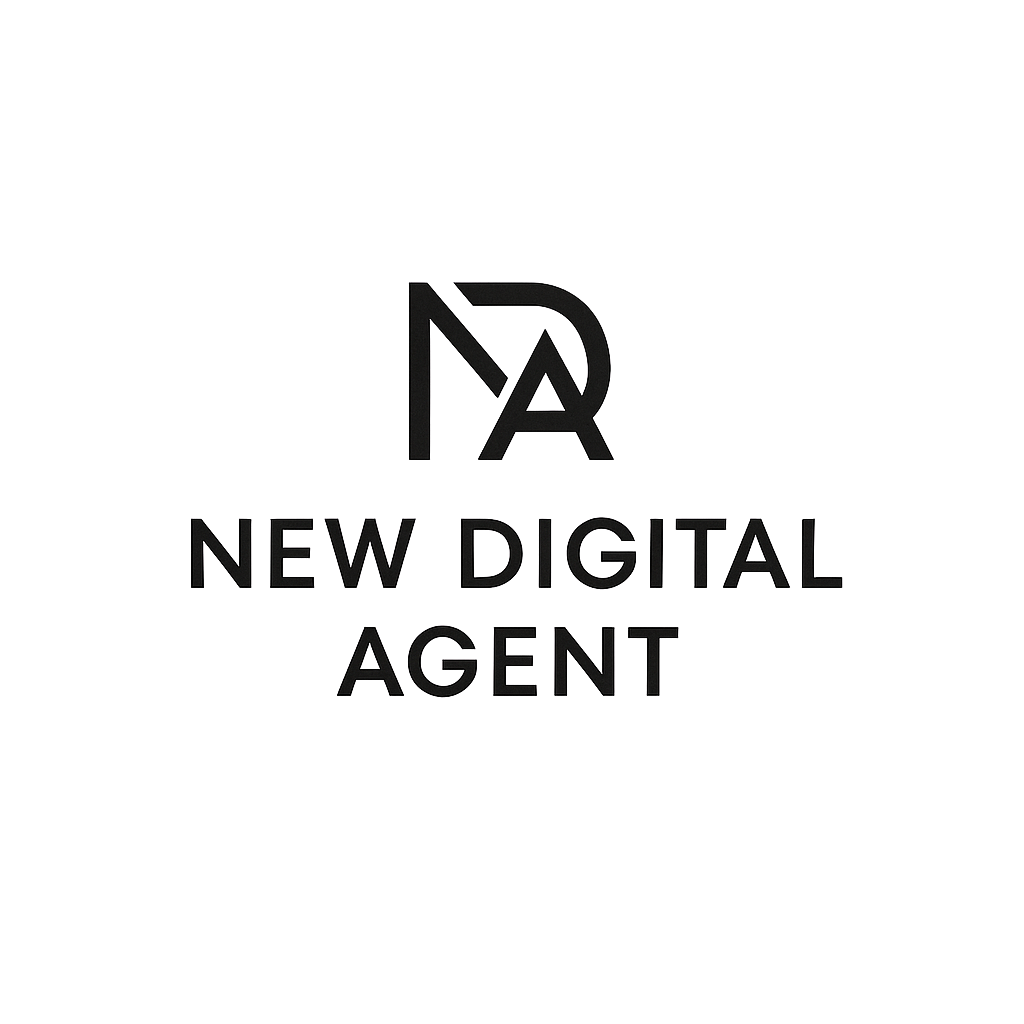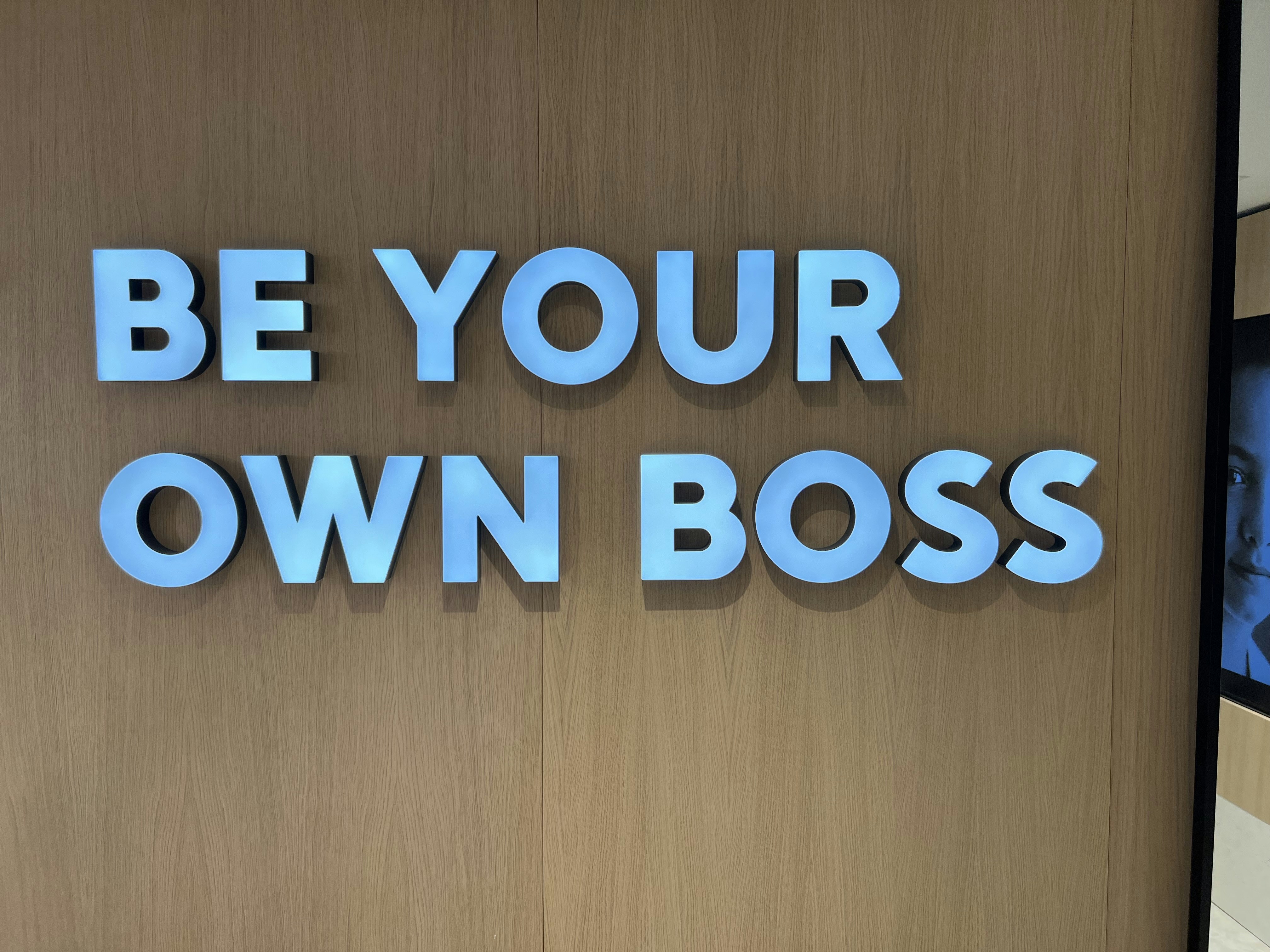Understanding the Balance: Micromanagement vs. Empowerment
In the context of insurance agencies, the concepts of micromanagement and empowerment reflect two contrasting managerial styles that significantly impact agents’ performance and workplace environment. Micromanagement is characterized by an excessive level of oversight, where managers closely monitor employees’ activities, decision-making, and work processes. This style often stems from a desire for control, but it can lead to adverse outcomes such as decreased morale, reduced autonomy, and compromised productivity. When insurance agents are micromanaged, they may feel stifled and less motivated, as their judgment and expertise are undermined. This lack of trust can create a toxic work atmosphere, resulting in higher turnover rates and diminished job satisfaction.
On the other hand, empowerment represents a more progressive approach, wherein insurance agencies encourage agents to take initiative and make decisions within their roles. By providing agents with the authority and resources needed to operate independently, organizations foster an environment of trust and respect. Empowerment enables agents to act with confidence, promotes innovation, and can directly correlate with improved sales performance. When agents feel trusted and valued, they are more likely to go above and beyond, leading to a positive ripple effect on the agency’s bottom line. Furthermore, empowered agents tend to be more engaged, which not only enhances their job satisfaction but also improves their ability to serve clients effectively.
Thus, understanding the balance between micromanagement and empowerment is essential for insurance agencies striving for optimal performance. Managers should endeavor to provide sufficient guidance while allowing their agents the freedom to operate autonomously. This balanced approach helps in nurturing a motivated workforce that is equipped to achieve their goals, ultimately driving better results for both the agents and the agency.
The Role of Modern Technology in Supporting Agents
In the rapidly evolving insurance industry, modern technology plays a pivotal role in creating a supportive environment for agents. Tools such as customer relationship management (CRM) systems, data analytics platforms, and advanced communication solutions significantly enhance the efficiency and effectiveness of agents. By adopting these technologies, insurance agents can streamline their sales processes and optimize their overall performance.
CRM systems are particularly valuable as they allow agents to manage client relationships with greater ease. These systems consolidate client information, enabling agents to track interactions, manage follow-ups, and personalize service offerings. By fostering a more organized approach to client communication, CRM systems enhance agents’ abilities to nurture leads and convert prospects into loyal customers. The integration of automated reminders and follow-up schedules ensures that no opportunity is overlooked while simultaneously reducing the administrative burden on agents.
Data analytics tools further empower insurance agents by offering valuable insights into market trends and customer behavior. By analyzing vast amounts of data, agents can tailor their sales strategies to meet the specific needs of their clientele. Additionally, predictive analytics can identify potential risks, allowing agents to provide targeted solutions that align with customer expectations. This data-driven approach not only improves decision-making but also instills confidence in clients regarding their insurance choices.
Moreover, modern communication platforms facilitate seamless interaction between agents and clients. With instant messaging, video conferencing, and collaborative tools, agents can engage with clients in real-time, ensuring that inquiries are addressed promptly. These platforms also contribute to a more collaborative work environment, where agents can share insights and strategies, fostering a culture of support and empowerment.
By leveraging these technologies, insurance agents can enhance their efficiency, strengthen client relationships, and ultimately improve their sales outcomes. As the industry continues to adapt to technological advancements, agents equipped with the right tools will undoubtedly find greater success in navigating the complexities of the insurance market.
Empowering Agents through Marketing Practices
In today’s fast-paced digital marketplace, empowering insurance agents through effective marketing practices has become a crucial strategy for success. Personal branding plays a significant role in establishing an agent’s unique identity and fostering trust among potential clients. Agencies that actively support their agents in developing strong personal brands are likely to see improved sales performance and customer loyalty. This support can include providing resources for agents to create a professional online presence, sharing best practices, and encouraging authenticity in communication.
Training on social media marketing is an essential component of empowering agents. With the growing reliance on digital platforms, agents must understand how to leverage these tools effectively. Agencies can offer workshops or online courses focused on creating engaging content tailored to various social media channels. This training will equip agents with the skills required to connect with their audience, showcase their expertise, and ultimately generate leads.
Another vital aspect of empowering agents is providing training in content creation. High-quality, informative content not only establishes an agent’s authority in the insurance field but also helps to engage prospective clients. Agencies can organize content creation seminars that guide agents on developing blogs, videos, and infographics that highlight their knowledge and address client pain points. This focus on education can significantly enhance agents’ marketing competencies and drive business growth.
Lastly, fostering a culture of continuous learning and improvement within the agency sets the stage for long-term success. By encouraging agents to seek out new marketing skills and stay updated on the latest industry trends, agencies ensure that their agents remain competitive. Additionally, providing mentorship opportunities where seasoned agents can share their experiences with newer colleagues can facilitate skill transfer and reinforce a supportive environment.
By implementing these marketing practices and fostering an open-minded culture, agencies can empower their agents to thrive in an ever-evolving business landscape, ensuring sustained growth and enhanced client relationships.
Creating a Supportive Agency Culture: Best Practices
In the dynamic realm of insurance, establishing a supportive culture is crucial for enhancing agent performance and satisfaction. A balanced approach that incorporates both micromanagement and empowerment can lead to remarkable outcomes. To foster a culture conducive to success, agencies should prioritize clear communication channels. This involves ensuring that agents have direct access to management and fellow agents for queries and support, which cultivates an environment of openness and collaboration.
Moreover, setting realistic goals is essential for guiding agents through their sales processes. By establishing achievable benchmarks, agencies not only help agents stay motivated but also provide a framework for assessing progress. It is critical that these goals are communicated effectively to all team members, as a shared understanding fosters a sense of unity and collective purpose within the agency.
Feedback and recognition play an integral role in nurturing agency culture. Regular performance reviews should be conducted to provide constructive feedback, highlighting areas for improvement as well as celebrating successes. Recognizing agents’ hard work and achievements can significantly boost morale and reinforce a culture of appreciation. This recognition can be formal, such as awards, or informal, such as public acknowledgment in meetings.
Promoting collaboration among agents further strengthens agency culture. Encouraging team projects, idea-sharing sessions, and co-selling opportunities can enhance camaraderie and drive performance. When agents work together, they can learn from each other’s experiences, which enriches their skill set and contributes to a more satisfied workforce.
Finally, ongoing training and mentorship programs are vital components of a supportive culture. Agencies should invest in continuous development opportunities that align with agents’ career aspirations. By providing mentorship, agencies facilitate personal growth and build confidence, empowering agents to thrive in their sales endeavors. This holistic approach ensures that agents feel valued and equipped for success throughout their professional journey.

